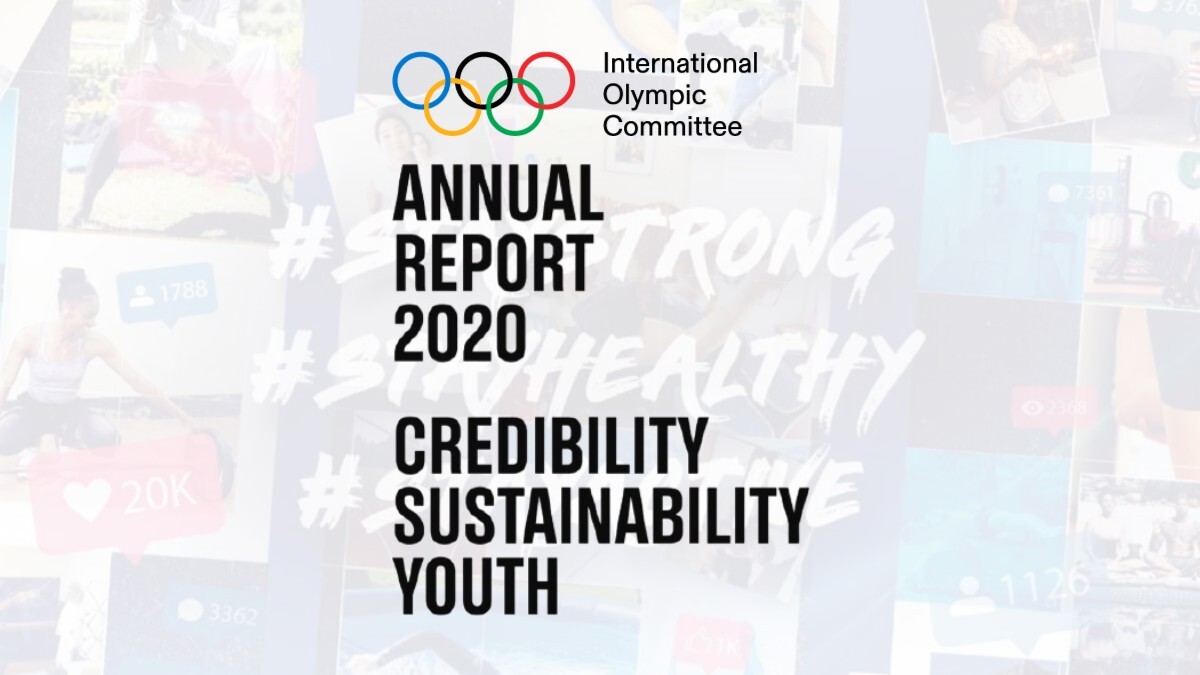The International Olympic Committee (IOC) published its 2020 Annual Report and financial statements at the 138th IOC Session. The report also includes the audited financial statements for 2020.
As the seventh edition of the series, the IOC Annual Report 2020: Credibility, Sustainability, Youth focuses on the IOC in 2020, including its efforts to reorganize the postponed Tokyo Olympic Games and support athletes to assist them amid the COVID-19 pandemic were all addressed. The efforts of the IOC and all its partners in reorganizing the Games one year later are also outlined in the annual report.
The impact of the postponement of the Tokyo 2020 Olympics on the International Olympic Committee’s finances has been laid bare in its latest financial statements, with the organisation declaring revenues of just $620.7m (€526.2m) for the year ended December 31, 2020.
The IOC’s TOP marketing programme delivered the largest share of the IOC’s income, creating $532.4m for the financial year. In 2020, Atos and P&G indicated their continued support of the Olympic Movement by lengthening their Worldwide Olympic Partnerships. Nevertheless, the delay of the Tokyo Games meant the organization recorded just $1.08m in media revenues in 2020, with broadcasters perceived to have delayed rights payments until this year.
The world body would usually assume to produce far more in an Olympic year, with past audited financial statements indicating its commercial program passed $5.7bn in revenues over its last four-year-cycle (2013-16).
Looking forward, the IOC said it has already obtained $4.1bn from TOP sponsors and broadcasters for the 2029-32 cycle. Brisbane is the host for the 2032 Summer Games, as recently revealed among other good news. There are high hopes that Los Angeles’ staging of the event in 2028 can also boost the IOC’s finances. The city will require very little investment from the IOC as it has all the necessary infrastructure in place for the games as a metropolitan megacity.

